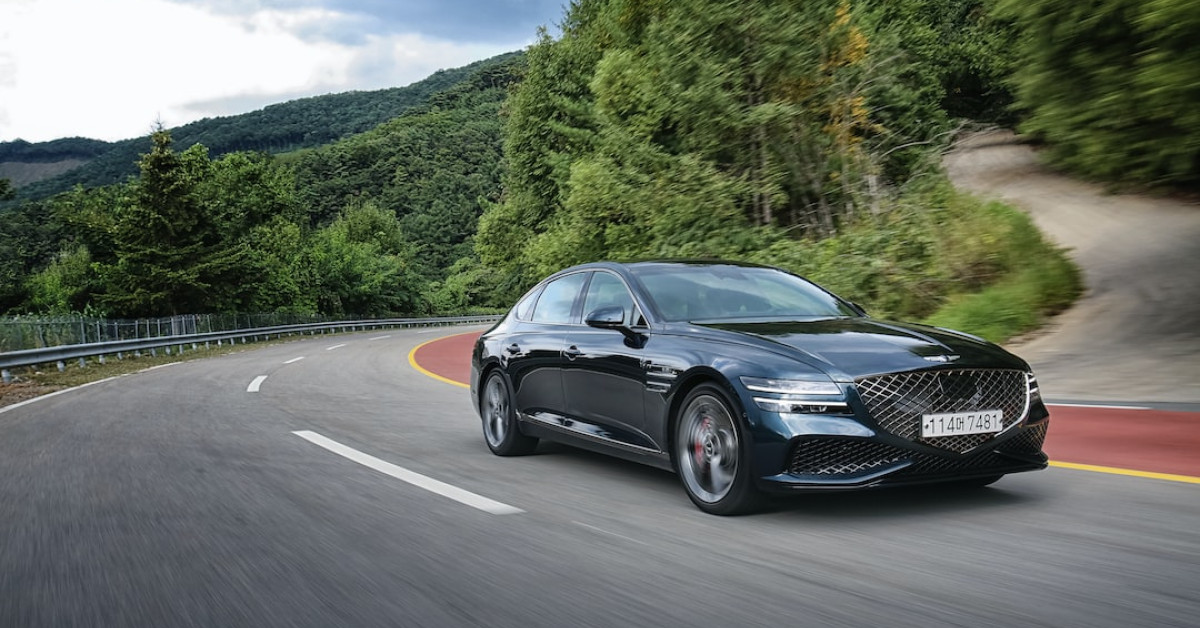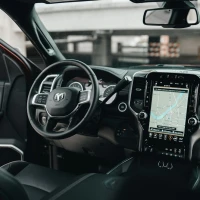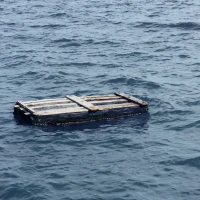Embarking on a caravan adventure is an exhilarating way to explore the great outdoors while taking your home on the road. Ensuring a stress-free and memorable trip involves more than just packing your favorite snacks and a road map. Your vehicle is your most critical companion and requires meticulous attention to guarantee a safe and efficient journey. This comprehensive guide is tailored for caravan enthusiasts seeking to optimize their driving experience with 10 Great Vehicle Tips for Caravan Travels. So buckle up and prepare to transform your next road trip into an unforgettable caravan escapade.
1. Conduct a Thorough Pre-Departure Vehicle Check
Safety should be your top concern when preparing for a caravan holiday. Before hitting the road, a pre-departure vehicle check is crucial to avoid nasty surprises along the way.
Vehicle Maintenance Checklist
- Oil and Fluid Levels: Regularly check and top up your vehicle’s engine oil, coolant, brake fluid, power steering fluid, and windshield washer fluid.
- Brakes: Ensure your brake pads and discs are in good condition, with no signs of excessive wear or damage. This is especially important when towing, as your vehicle’s stopping capability is vital.
- Tyres: Inspect your tyres for adequate tread depth, and monitor tyre pressure, including the spare. Consider the additional weight of the caravan when determining the optimal pressure.
- Battery: Confirm that your vehicle’s battery is fully charged and secured in place, as vibrations from towing can loosen connections.
- Lights: Make sure all your lights are operational, including headlights, taillights, brake lights, and turn signals.
Seasonal Preparations
- For summer trips, check your air conditioning system and coolant levels to prevent overheating.
- In winter, ensure your vehicle and caravan are equipped with winter tyres and antifreeze.
2. Understand Your Vehicle’s Towing Capacity
Overloading your vehicle beyond its recommended towing capacity can lead to mechanical failures and control difficulties. It is essential to know your vehicle’s limits.
Calculating Towing Ability
- Consult your vehicle’s owner manual for specific towing capacity and adhere strictly to it.
- Account for the total weight, including passengers, luggage, and caravan weight.
Upgrades for Enhanced Towing
- Consider a heavy-duty suspension system to support the extra load.
- Transmission coolers can help manage additional heat generated by towing.
3. Perfect Your Driving Techniques for Towing
Towing a caravan alters the way your vehicle handles. Adjust your driving techniques to accommodate the changes in aerodynamics, braking distance, and acceleration.
Key Towing Tips
- Increase Following Distance: When towing, your stopping distance will be longer. Maintain a generous gap from the vehicle ahead.
- Steady Acceleration: Apply power smoothly to avoid swaying the caravan.
- Cornering: Take wider turns to clear curbs and other roadside obstacles.
Handling Sway
- If your caravan begins to sway uncontrollably, resist the urge to jerk the steering wheel. Gradually slow down until the sway ceases.
4. Optimal Weight Distribution and Loading
Balancing the weight in your caravan can drastically improve stability and handling. Properly distribute the weight to make towing smoother and safer.
Effective Loading Strategies
- Place heavier items low and towards the center of the caravan to lower the center of gravity.
- Ensure that the weight is evenly spread out from side to side to prevent imbalance.
Considerations for Weight Distribution
- Adding a weight-distribution hitch can aid in balancing the load more effectively between the vehicle and the caravan.
5. Regular Vehicle Servicing and Caravan Maintenance
Routine servicing of both your vehicle and caravan is paramount to a trouble-free adventure. A well-maintained vehicle system reduces the risk of unpleasant breakdowns.
Crucial Service Points
- Certain elements of your vehicle may require more frequent service due to additional strain from towing, such as engine oil and transmission fluid.
- Check that all caravan connections, such as electrical wiring and towing couplings, are secure and functioning.
Scheduling Maintenance
- Plan vehicle servicing ahead of your trip so that any necessary repairs can be addressed before departure.
6. Stay Updated with Weather and Route Conditions
Adverse weather can significantly affect caravan handling and safety. Include weather checks in your planning procedure and choose routes suitable for your vehicle and caravan.
Weather Adaptations
- Be prepared to alter your schedule or route in response to severe weather forecasts.
- Understand how to control your caravan during high winds or wet conditions.
Route Planning
- Avoid steep inclines or declines if your vehicle’s towing capabilities are moderate.
- Primary roads are generally better suited for caravans, providing more room for maneuvering and overtaking.
7. Invest in Safety Accessories and Technology
Equipping your vehicle with modern safety accessories can enhance your caravan travel experience and offer additional peace of mind.
Suggestions for Safety Enhancements
- Towing Mirrors: Extend your field of vision to better monitor your caravan and other road users.
- Reversing Cameras: Simplify the process of backing up or parking your caravan.
High-Tech Aids
- Stability control systems can intervene when your caravan starts to sway dangerously.
- GPS navigation systems are invaluable for planning routes that are caravan-friendly.
8. Practice Efficient Fuel Management
Fuel efficiency can be a challenge when towing a caravan. Take steps to manage your fuel consumption during your trip.
Fuel-Saving Tips
- Cruise Control: On long stretches of level highway, cruise control can help maintain a consistent speed, reducing fuel usage.
- Proper Gear Usage: Use the correct gear for your terrain to avoid overworking the engine.
Avoiding Unnecessary Weight
- Carry only essential items in your vehicle to limit excess weight that can consume more fuel.
9. Legal Requirements and Towing Laws
Understand the legal aspects of towing a caravan. Different regions may have specific rules, such as speed limits and required towing equipment.
Common Legal Considerations
- Check the legal requirements for additional side and rear markers on your caravan.
- Ensure that your vehicle and caravan insurance policies are up-to-date and provide sufficient coverage.
International Towing Laws
- When traveling across country borders, be well-informed about the towing regulations that may vary from place to place.
10. Prepare for Emergencies and Breakdowns
Despite best efforts to prevent them, emergencies can occur. Be ready to tackle a range of situations with a well-prepared emergency kit.
Essentials for an Emergency Kit
- First-Aid Supplies: Keep a stocked first-aid kit within easy reach in the vehicle.
- Tools and Spares: Carry basic tools, a car jack, and spare fuses and bulbs.
Roadside Assistance
- Have the contact information for roadside assistance readily available and consider membership in a reliable service for added reassurance during your travels.
In conclusion, mastering your caravan adventure requires a combination of preparation, awareness, and the right strategy for your vehicle. Adhering to these 10 Great Vehicle Tips for Caravan Travels will set the foundation for a spectacular and serene journey. Remember that safety is paramount, and making informed decisions will not only protect you and your loved ones but also ensure that your caravan travels leave you with nothing but fond memories. Happy journey!










